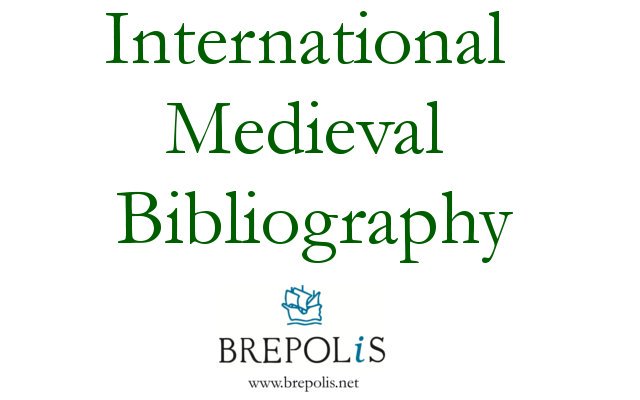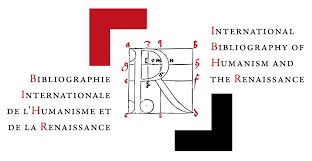(Un)freedom in Polish Cinema during “Mature Socialism”
DOI:
https://doi.org/10.31168/2073-5731.2024.3-4.11Keywords:
Cinema of Poland, the problem of freedom, censorship, psychological drama, image of the sea, co-productions, animationAbstract
The article is devoted to the problem of (un)freedom in Polish cinema of the 1970s, examined in two aspects. The first concerns the attitude of government officials to the censorship restrictions that existed in Polish art at that time. The official point of view is presented in the memoirs of Vice Minister of Culture Mieczysław Wojtczak. The second aspect, which interests the author to a greater extent, concerns the implicit expression of the feeling of unfreedom in a number of films of that time. They do not directly relate to the dominant “cinema of moral anxiety” movement in the second half of the decade, but rather complement it and sometimes anticipate it. These are psychological dramas where the inner world of heroes experiencing crisis situations comes to the fore. Particular attention is paid to the consideration of the motive of mental illness, which appears in several works, and the locus of the medical institution associated with it. The image of the sea is emphasized, which can perform various functions on the screen: the promise of freedom, a reflection of the emotional state, imaginary liberation. Stand-out examples include the Polish-Hungarian co-production On the Road by Márta Mészáros and the animated film Journey by Daniel Szczechura, each of which in their own way reflected the sense of alienation and hopelessness that characterized the era.
Acknowledgements
Work was supported by a grant from the Russian Science Foundation No 22-18-00365, https://rscf.ru/project/22-18-00365/.
Received: 21.05.2024.
Revised: 28.05.2024.
Accepted: 24.09.2024.
Citation
Viren D. G. (Un)freedom in Polish Сinema during “Mature Socialism” // Slavic Almanac. 2024. No 3–4. P. 228–241 (in Russian). DOI: 10.31168/ 2073-5731.2024.3-4.11






